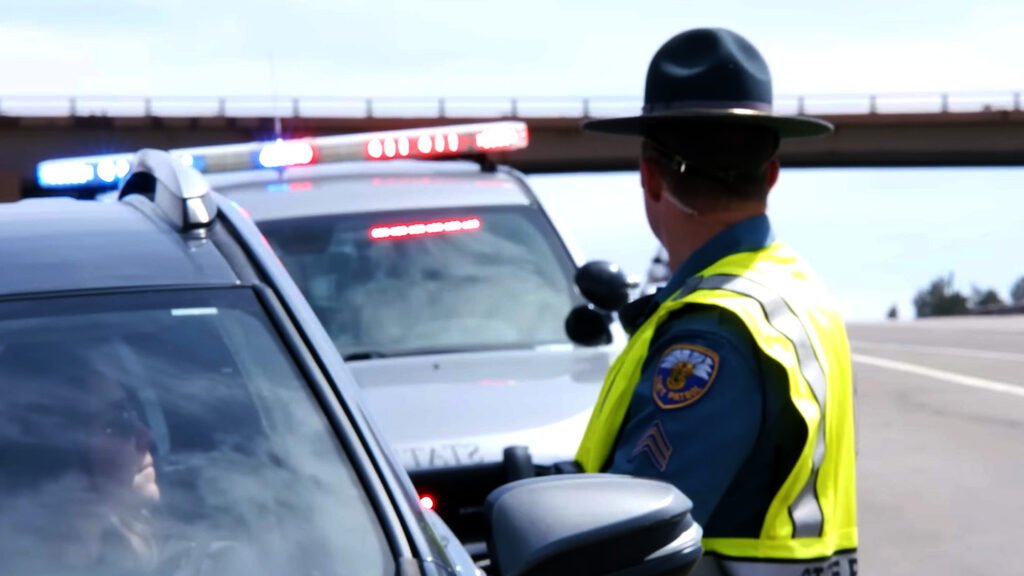

- West Virginia just changed a decades-old law to protect more vulnerable road users.
- Its ‘Slow Down Move Over’ statute now includes more than just emergency vehicles.
- From July 11, first-time offenders will face a fine of up to $500 or up to 60 days in jail.
Slow Down Move Over laws exist all over the USA. In fact, every single state has a law that requires such behavior on major highways. Not every state has the same requirement, though, and now, West Virginia is expanding its previous guidance. The direction to slow down and move over will apply far more broadly with consequences that are consistent regardless of who is on the side of the road.
More: How One US City Uses Roundabouts To Fix Traffic, Cut Crashes And Save Taxpayers’ Money
In 2003, West Virginia passed a ‘slow down move over’ law that protected first responders. It requires drivers to move out of the lane closest to the pulled-over vehicle, and if they can’t do that, slow down. If there are no mitigating circumstances, they must both slow down and move over.
A Broader Net of Protection
According to the FBI, the leading cause of death for police in the first half of 2024 was accidental motor vehicle accidents. That danger extends not just to officers but anyone sitting on the side of the road as traffic passes.
It includes firefighters, construction workers, and everyday motorists waiting for road assistance due to their vehicle being stranded. According to the AAA, almost 1,900 people were hit outside of their disabled vehicle between 2017 and 2021.
Since 2003, the state only penalized drivers who didn’t slow down and move over for first responders. As of July 11, it’ll go after anyone who fails to do so for any vulnerable person on the roadside, whether they’re a police officer or an everyday citizen working on their broken-down car. First-time offenders face up to sixty days in jail or a $500 fine.
“AAA applauds the West Virginia Legislature for their effort in passing this critical piece of legislation to protect motorists at the roadside and we thank Gov. Morrisey for signing the measure into law,” said Lori Weaver Hawkins, public affairs manager, AAA Blue Grass to WVNews.
“The side of a road is an extremely dangerous place, with vehicles passing by at high rates of speed. As a strong traffic safety advocate, AAA is pleased to see this protection extended to motorists in disabled vehicles as well as road maintenance vehicles, while continuing to protect all first responders.”
What the Law Actually Requires
Importantly, the law specifically says that motorists need to slow down for a disabled vehicle only if it has warning lights. That could include hazard lights on, flares, or another warning signal. So, those who must absolutely stop at the side of the road have to warn oncoming drivers of the situation, too.
Photo: Colorado State Patrol






